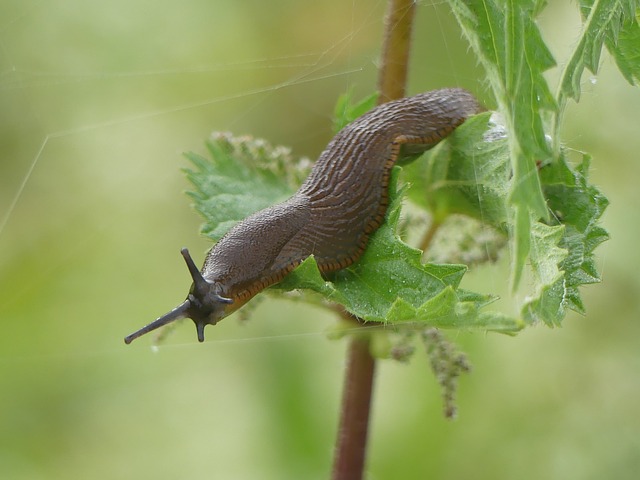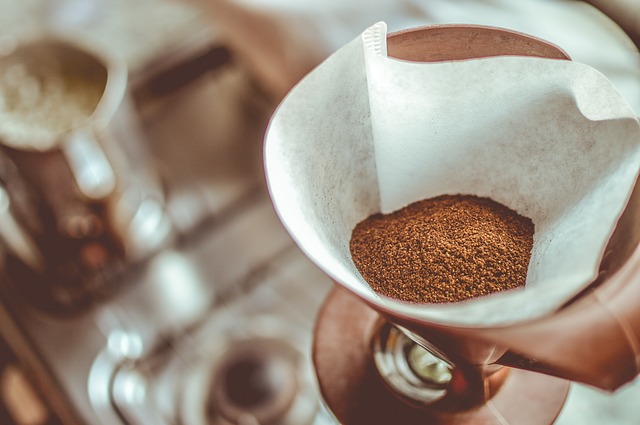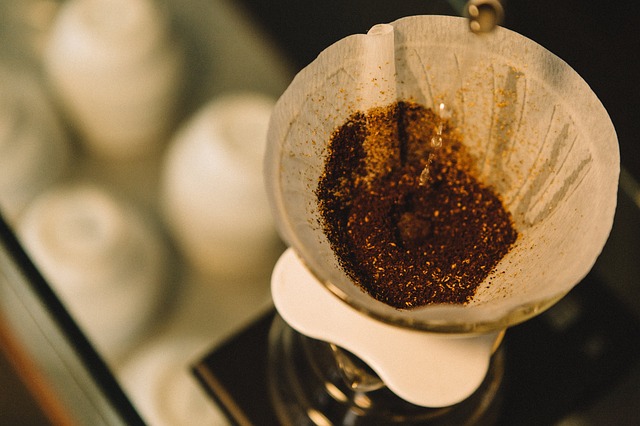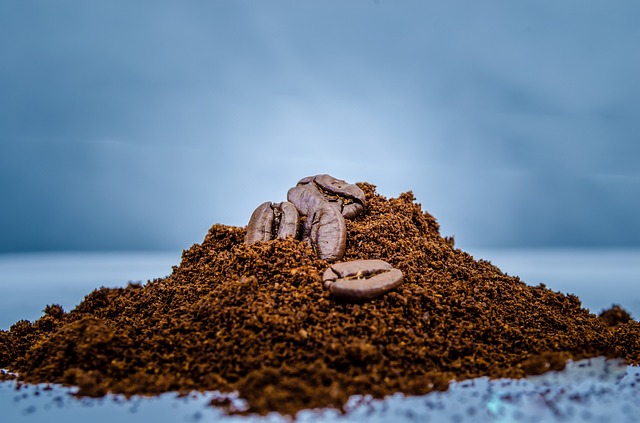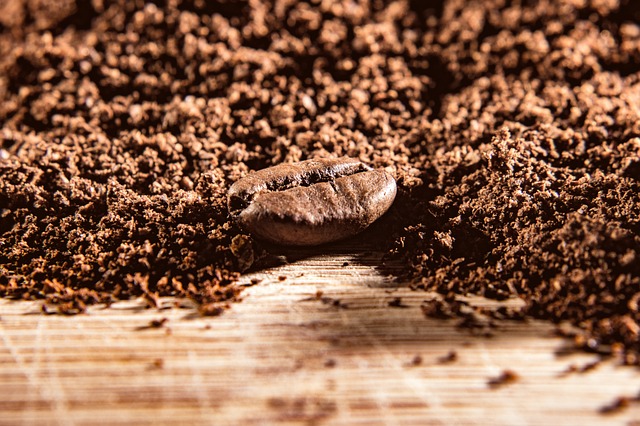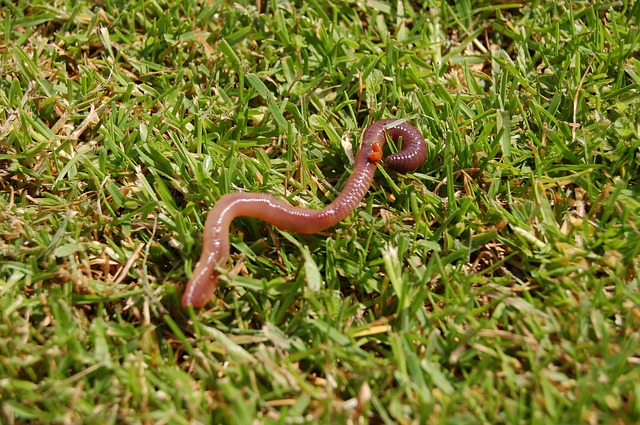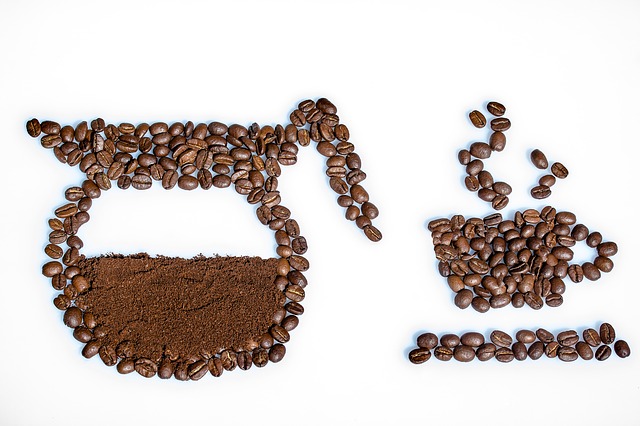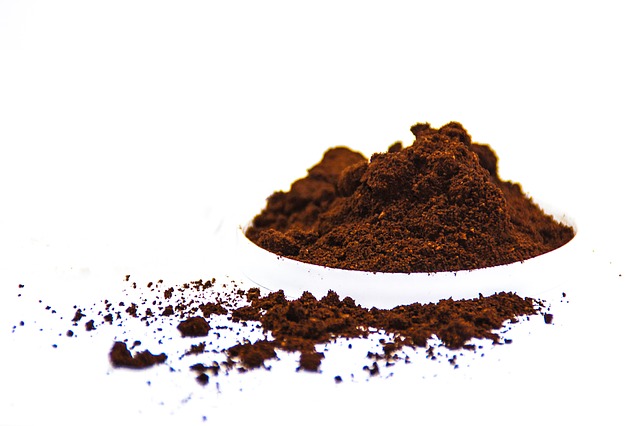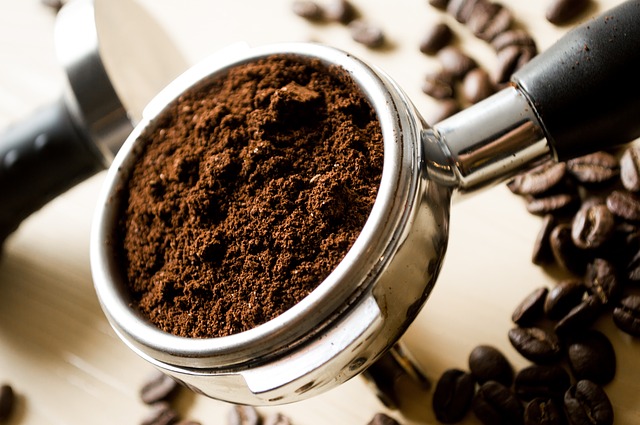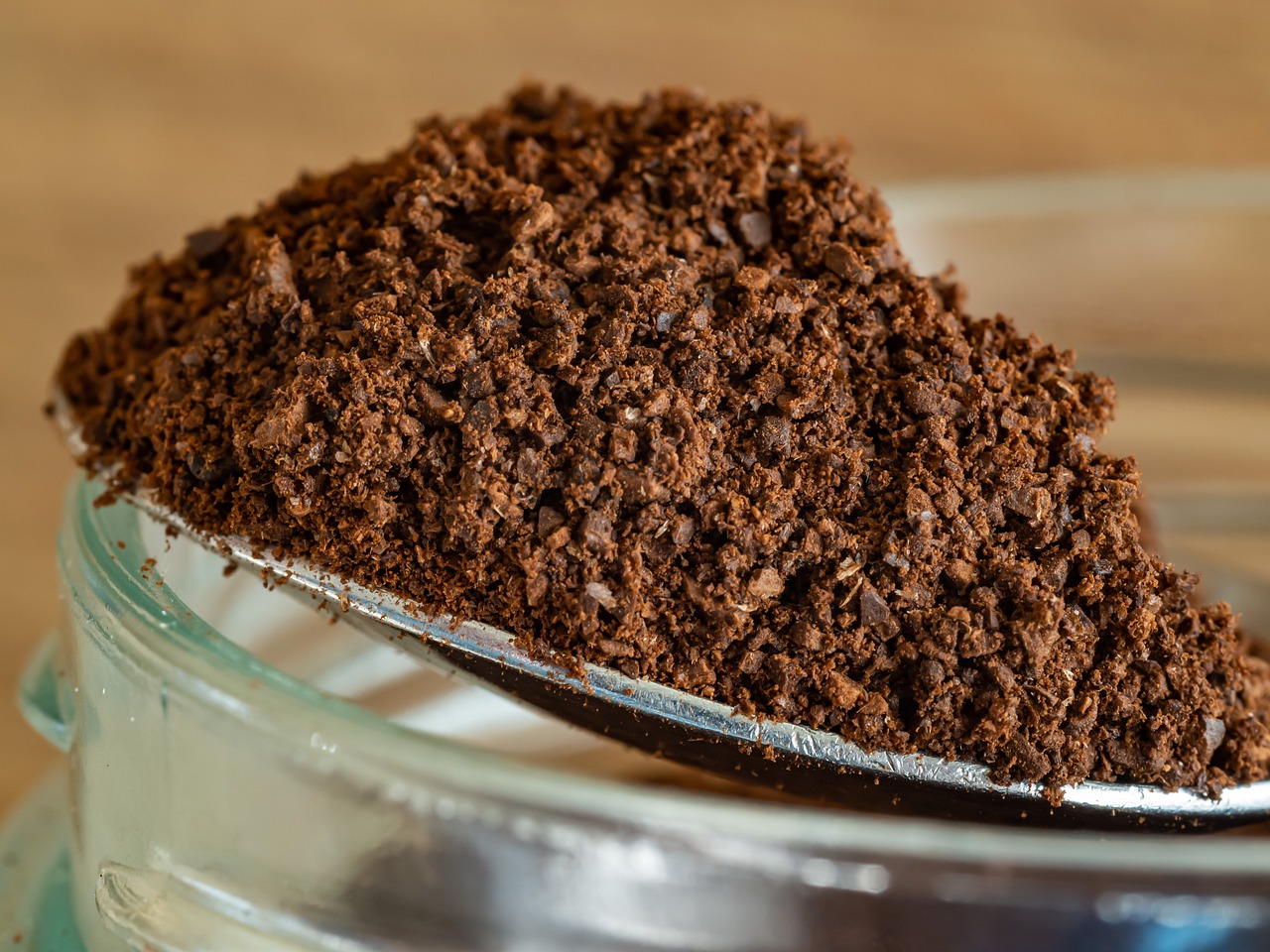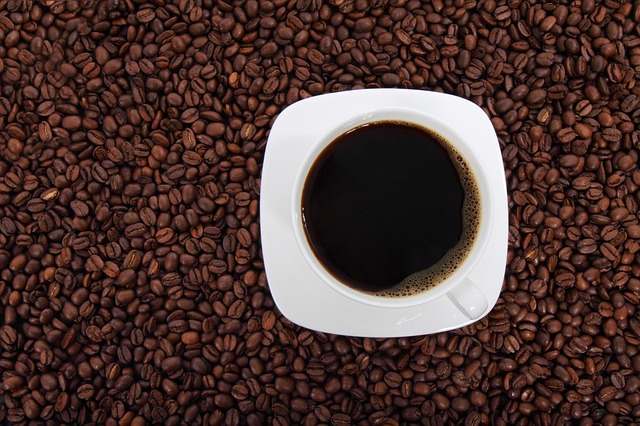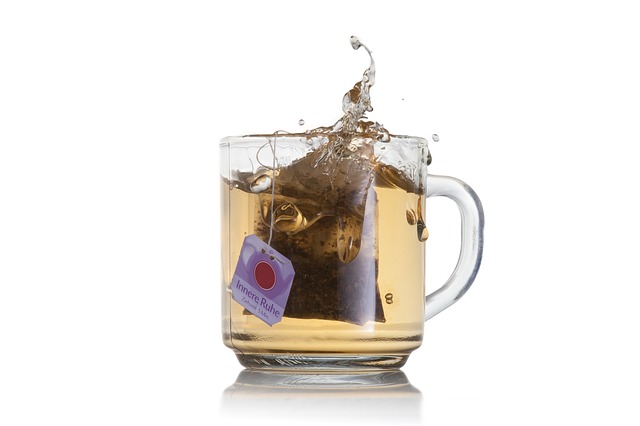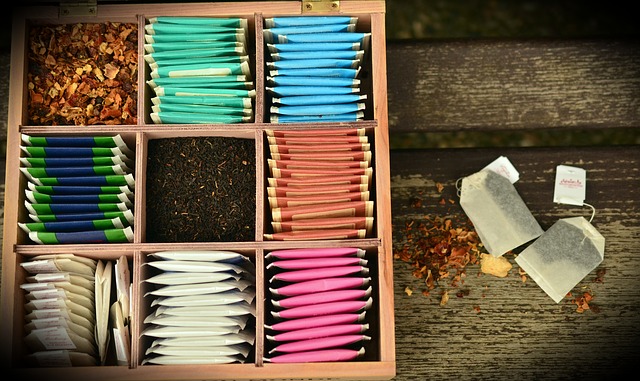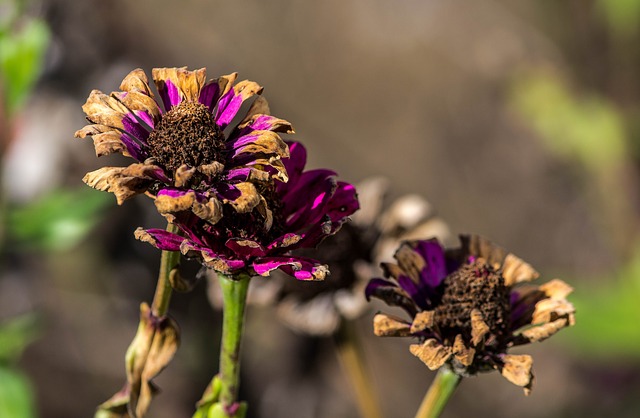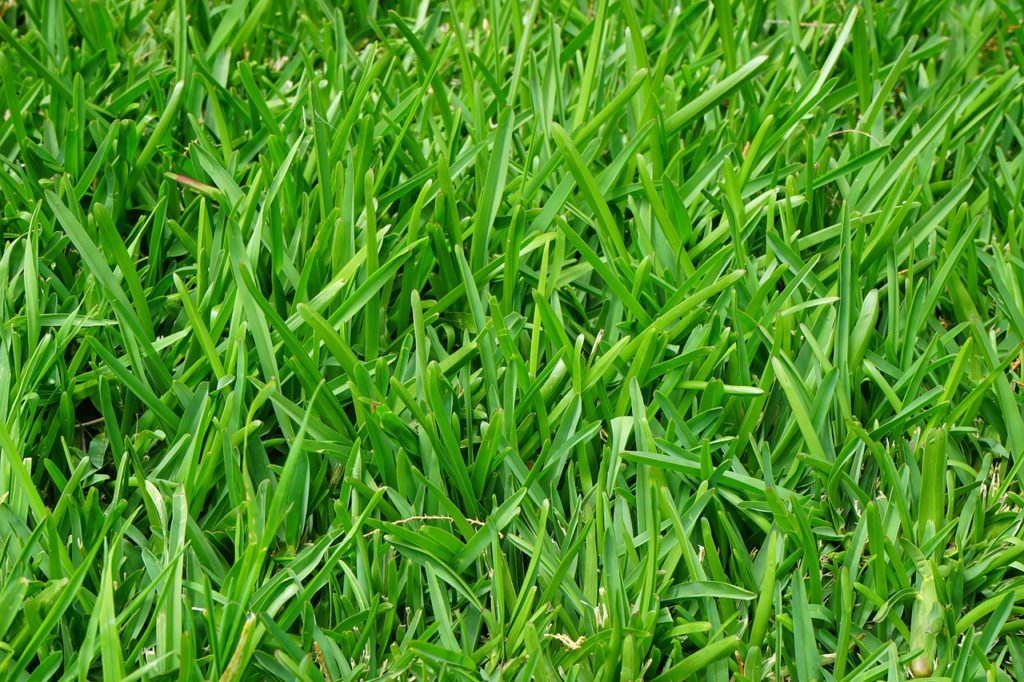
Even if your lawn already makes the neighbors green with envy, you are likely to face a few of the common lawn problems. Knowing how to handle them can mean the difference between working on your lawn and simply enjoying it. So here are the five most common and how to solve them:
Crabgrass
A vigorous, adaptable, and fast-growing weed, crabgrass thrives best in the laws that are under-fertilized and mowed too low. Besides being unpleasant to the eye, crabgrass also promotes soil erosion. Controlling crabgrass is not very hard, but timing is really crucial. Applying pre-emergence herbicides in late spring or summer is too late for them to do any good, instead, you’ll want to do it at the beginning of the spring season.
A natural alternative to chemical herbicide is applying corn gluten meal in early spring which can help contain the problem. This can be followed by a spring fertilizer. When the mowing season begins it is important not to mow too low and cut the grass too short, as this can open the door again for crabgrass.
Lack of Sunlight
Most lawn grasses do not like shade, even if they are the shade-tolerant variety. Pruning shade trees every three to four years is a good idea, but pruning too much or too often can damage the tree. You can replace the lawn beneath trees with bishop’s hat, sweet woodruff, or other shade-tolerant ground cover as the tree grows and creates more shade.
Compacted Soil
The soil beneath most lawns eventually becomes hard and compacted. Compacted soils have too many solid particles clustered together in a small volume or space which restricts the proper circulation of air, water, and nutrients in the soil.
Excess lawn thatch or heavy organic debris buried under the grass surface can also starve the roots from air, water, and other essential nutrients. Once soil is compacted, water and fertilizer can’t reach the lawn’s roots, weakening them and allowing weeds to grow.
The solution is aeration, a process that involves the perforation of the soil with small holes in order to allow air, water, and other nutrients to penetrate the grass roots
Grubs
These small beetle larvae live in the soil and feed on lawn roots. A few grubs are not a sign to worry about, but too many of them can cause irregularly shaped sections to wilt and die.
You can get Heterorhabditis Nematodes which are sold in a paste-like form, combine it with water and then apply it to the soil in spring or fall. After a couple of days, you can reseed or replant any of the damaged areas.
Bare Patches
Weeds love to grow in bare patches, so if you do not act quickly, they will start their growth. You should start by digging up the damaged section, and around 6 inches of the surrounding healthy lawn, about 2 inches deep. Then level the soil and add a small amount of soil amendment such as plant-based compost and starter fertilizer. The cool and wet weather in spring will help the grass to grow.
Start Shopping for Lawn Care Supplies!
Does Copper Tape Stop Slugs?
Does copper tape stop slugs? The answer is yes. And you can use this simple solution to keep your plants safe from those slimy plant-eating pests. Repel Slimy Garden Invaders Without Harm Despite being relatively small and very slow-moving, slugs can do a lot of...
Coffee Grounds For Flowers
For many of us, there’s nothing we’d rather do than relax with a cup of coffee near the flower garden. Most people don’t realize however that the grounds used to make our coffee can help to increase the health and beauty of our garden. Here’s what you’ll need to know...
Coffee Grounds For Roses
Using coffee grounds for roses is a fabulous way to improve the health of your plants, helping them to produce those gorgeous flowers you’ve been dreaming of. But there are a few things you’ll need to know before getting started. Conditions Roses Prefer Roses do best...
Do Roses Like Coffee Grounds?
Do roses like coffee grounds? This is something many gardeners wonder about, especially since feeding roses coffee grounds has been a practice that’s been around a very long time. The answer is yes they do, and here’s what you’ll want to know. Roses And Acidic Soil...
How To Use Coffee Grounds For Grass
You’ll want to think twice before you toss your used coffee grounds in the trash every day. Those grounds can actually be used to feed and increase the health of your lawn. Here’s everything you’ll want to know about using coffee grounds for grass. Advantages Of...
Are Coffee Grounds Good For Grass?
Are coffee grounds good for grass? The answer is yes, so you may want to think twice before throwing away your used grounds after your morning cup of coffee. Instead, you can put them to work helping increase the beauty of your lawn. Benefits Of Using Coffee Grounds...
Are Worms Good For Your Lawn?
Despite their slimy looks worms are well-known for being very helpful in the garden. But are worms good for your lawn? You bet they are, and here’s why! Aeration As worms travel from place to place in the soil below your lawn, they create a maze of tunnels. And those...
How To Use Coffee Grounds For Snails
You don’t have to kill those annoying garden snails in order to keep them from eating your plants. In fact, you can use your morning coffee as a non-lethal weapon against them. When they come into contact with your coffee grounds snails will turn right around and...
How To Use Coffee Grounds For Ants
There are endless sprays and poisons you can use to get rid of ants. However, you won’t have to look any further than your morning cup of coffee if you’d like a repellent that doesn’t contain any harmful chemicals. By using coffee grounds ants will stay away and kids...
Which Plants Like Coffee Grounds?
While using coffee grounds in the garden offers quite a few benefits, they can be slightly acid and therefore not appropriate for all plants. So which plants like coffee grounds? Here’s what you’ll need to know. The Basics Of Coffee Grounds Coffee grounds contain...
Coffee Grounds And Hydrangeas
While many people love their hydrangeas, they often would love them even more if they were blue. Luckily the grounds from your morning cup of coffee can help you to achieve those gorgeous blue blooms. Here’s what you’ll need to know about coffee grounds and...
Coffee Grounds For Worms
Worms are an extremely helpful component of any compost bin or pile, not to mention worm farms. And it turns your morning cup of coffee can contribute to their diet. Using coffee grounds for worms is an easy way to keep them from heading to the local landfill while...
Using Coffee Grounds In The Garden
Your morning cup of coffee can help you to not only start your day off right, but in the garden as well. The grounds used to make it have many important properties that are ideal for both plants and soil. By using your coffee grounds in the garden you’ll be able to...
Using Coffee Grounds In Compost
It’s estimated that over two billion cups of coffee are consumed around the world each and every day. And that’s an enormous volume of grounds which are used and then tossed in the trash. By using coffee grounds in compost instead, you can help cut down on waste and...
Used Tea Bags In The Garden
Many people don’t realize that once you’ve had a cup of tea, your tea bag can be used again in quite a few other ways. There are actually many great uses for used tea bags in the garden. And here are some of the best! Free Natural Fertilizer The tea leaves and...
Used Tea Bags In The Compost
The next time you have your daily cup of tea, you may want to think twice about throwing that tea bag in the trash. Instead of contributing extra waste to landfills, you can help the environment and your garden by placing used tea bags in the compost. But before you...
5 Eco-Unfriendly Things You Do That Kill Your Garden
Any budding gardener out there wants to do the best for their garden and their plants. But are you accidentally causing it harm? Here are five eco-friendly things you do that kill your garden: Buying Plants that Contain Pesticides You may not use pesticides yourself...
7 Reasons You Need to Start Gardening Now
Looking for a fun hobby to help you relax? Get outside and get to work in a garden. Gardening has a variety of benefits for your mental, physical and spiritual health. Wondering how tending to plants can help you tend to your health? Here are seven ways gardening can...
Quick Tips To Speed Up Compost Times
Compost is an excellent soil conditioner and natural fertilizer. However, it can take quite a while for it to break down into a form that you can use. Luckily there are a handful of simple things you can do to help speed up compost times without much effort. Size In...
6 Common Types Of Soil Deficiency And How To Solve Them
Unfortunately, not all soil has the nutrients that plants need to grow and thrive. In some cases, it may be lacking in one area or another and therefore need a boost. Here are the most common types of soil deficiency and the best ways to deal with each of them....
